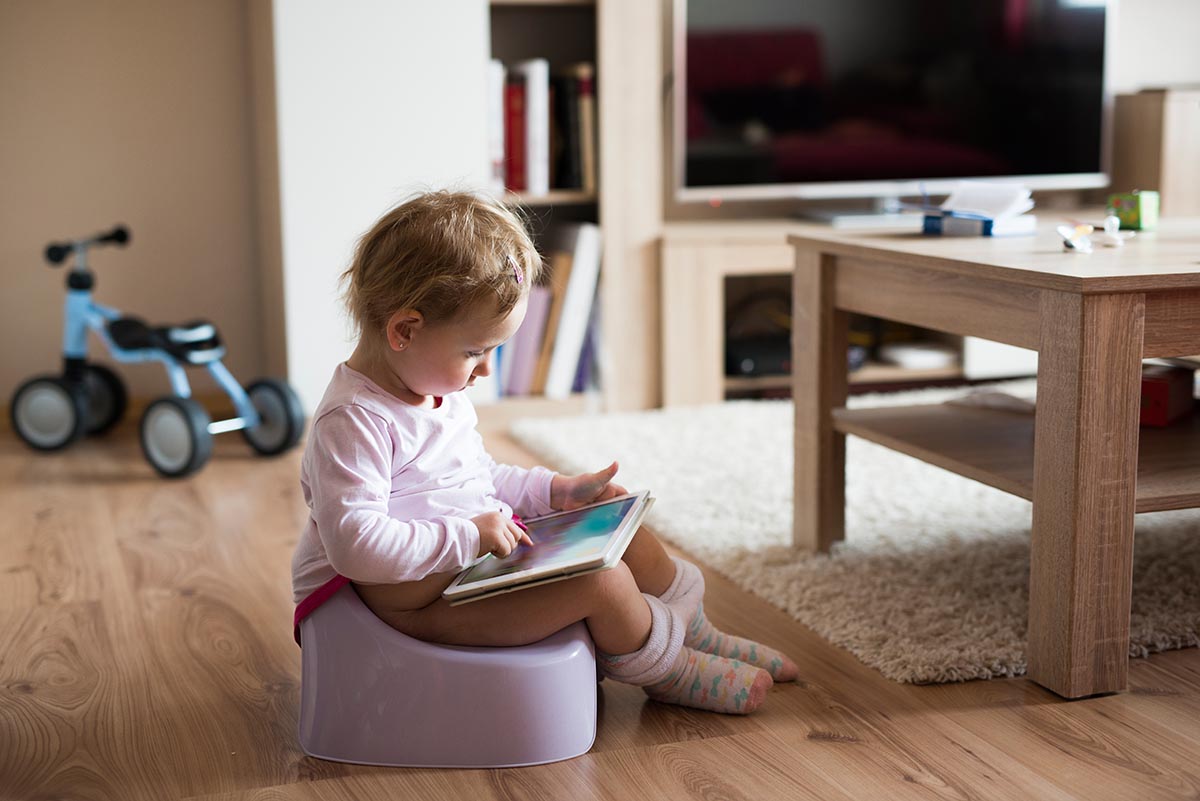Navigating the Waters of Potty Training Regression: A Gentle Approach
Potty training is a significant milestone for toddlers and a moment of pride for parents. It marks the transition from babyhood to the early years of childhood, showcasing a child’s growing independence. However, like any developmental milestone, it’s not always smooth sailing. A common challenge many parents face is when their child has a potty training regression. We understand the nuances and emotions surrounding this phase!
A potty training regression is when a child who has been successfully using the toilet for a period of time suddenly starts having accidents again. This can be frustrating for parents, but understanding that this is a common part of the process can help ease your worries.
There are various reasons why a potty training regression may occur. It could be due to changes in the child’s environment, like starting at a new daycare, or emotional stressors like the arrival of a new sibling. Sometimes, it could just be a matter of the child being too engrossed in play to remember to go to the bathroom. It’s essential to get to the root cause to address it effectively.
FREE GUIDE FOR PARENTS READY TO POTTY TRAIN
You CAN Potty Train Gently + Successfully!
So, how can you navigate through a potty training regression using the Gentle Potty Training Method?
Maintain a Positive Outlook:
Remember, regression is not failure. It’s a part of the learning process. Keep your reactions neutral and avoid showing frustration.
Consistency is Key:
Stay consistent with the potty routines you have established, this provides a sense of security and predictability for your child.
Encouragement:
Encourage your child by praising their efforts, not just their successes. This will help keep them motivated to get back on track.
Seek Understanding:
Talk to your child to understand if there’s anything bothering them. Being empathetic can help uncover any underlying issues.
Consult a Professional:
If the regression continues or is causing significant distress, it might be helpful to consult with a pediatrician or a Gentle Potty Coach.

Remember, every child is unique and may respond differently to potty learning. It might take some time and patience, but with a gentle and understanding approach, you’ll be able to help your child overcome their potty training regression and build their confidence along the way.
As you navigate through the ups and downs of a potty training regression, always remember to approach each challenge with love, patience, and understanding. Your gentle guidance will make all the difference in this significant phase of your child’s life.




